RegMedNet’s 2023 remix: top content of the year

With 2024 almost upon us, we decided to reflect on RegMedNet’s top 10 content highlights from 2023. From 3D-printed spinal implants to the world’s first regulatory authorization of a CRISPR-based therapy, we covered the latest news in regenerative medicine and advanced therapies and brought you insights from experts in the field. Take a look at this remix of our top content below.
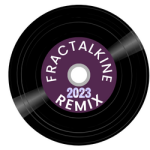 Fractalkine: a breakthrough for MS treatment?
Fractalkine: a breakthrough for MS treatment?
Researchers revealed that the chemokine fractalkine could have the potential to stop and possibly reverse the effects of MS and other neurodegenerative diseases according to a study demonstrating its ability to regenerate myelin in mice. With further research, fractalkine could become a novel contender for remyelination therapies that may potentially stall and even reverse the effects of MS.
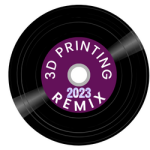 3D-printed implants for cervical spinal surgery
3D-printed implants for cervical spinal surgery
A 3D-printed cervical interbody system was used in two patients. Fernando Villamil, an orthopedic surgeon at the Center for Orthopedic Reconstruction and Excellence (OK, USA), commented: “The design of the ZSFab Cervical Interbody device allows for bony ingrowth with its optimized lattice throughout and for generous biologic material placement, without sacrificing strength or subsidence performance.”
 Hydrogel scaffolds: a strong support network for your brain
Hydrogel scaffolds: a strong support network for your brain
Researchers developed an electrically conductive hydrogel scaffold that can support neural cell differentiation ex vivo. This could help lead to the development of brain-computer interfaces and medical instruments that support the restoration of functionality in human patients suffering from neurological and physiological issues.
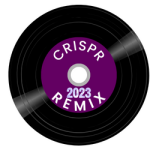 First regulatory approval of a CRISPR-based therapy
First regulatory approval of a CRISPR-based therapy
The United Kingdon Medicines and Healthcare products Regulatory Agency granted conditional marketing authorization for a CRISPR/Cas9 gene-edited therapy, CASGEVY™, for the treatment of sickle cell disease and transfusion-dependent beta thalassemia. This was the first regulatory authorization of a CRISPR-based gene-editing therapy in the world.
 First gene therapy for Duchenne muscular dystrophy
First gene therapy for Duchenne muscular dystrophy
The US FDA approved the first gene therapy for the treatment of pediatric patients with Duchenne muscular dystrophy. Elevidys is a recombinant gene therapy designed to deliver a gene that leads to the production of Elevidys micro-dystrophin, a shortened protein that contains selected domains of the dystrophin protein present in normal muscle cells.
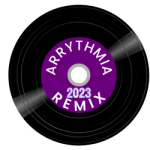 Could gene therapy prevent heart attacks?
Could gene therapy prevent heart attacks?
Researchers from the University of Utah Health (UT, USA) utilized gene therapy to correct arrhythmias in mice. This has significant implications for treating arrhythmogenic cardiomyopathy, one of the principal causes of sudden cardiac arrest in athletes under 35. It is also thought that this gene therapy could be applied to other cardiac conditions that manifest as arrhythmias.
 Cell therapy weekly: Phase I results for a potential HIV cure
Cell therapy weekly: Phase I results for a potential HIV cure
American Gene Technologies (MD, USA), a clinical-stage biotechnology company, reported data from the first-in-human study of AGT103-T autologous T-cell therapy, which shows promise as a potential cure for HIV. The AGT103-T cells have enhanced RNA interference capabilities against HIV and lack the CCR5 co-receptor necessary for HIV to enter helper T cells.
 Developing cell therapies with a stem cell robot
Developing cell therapies with a stem cell robot
The UK was the second country to trial a pioneering stem cell robot to improve the manufacture of safe and cost-effective cell-based therapeutics. The CellQualia™ Intelligent Cell Processing System, which was developed in Japan, automates the culturing of cells in real time and stabilizes the process by utilizing intelligent process analytical technology.
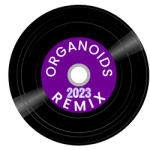 Understanding multiple sclerosis with cerebral organoids
Understanding multiple sclerosis with cerebral organoids
With this year marking ten years since the development of cerebral organoids, we spoke to Nicolas Daviaud to learn how the Tisch Multiple Sclerosis Research Center of New York (USA) uses organoids as models for multiple sclerosis. Dr Daviaud also explains the unique features of cerebral organoids that make them particularly useful for investigating the factors that might trigger or facilitate disease onset.
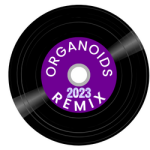 How proven is a ‘proven intervention’?
How proven is a ‘proven intervention’?
We spoke to Kristina Hug, a researcher in medical ethics at Lund University’s Department of Clinical Sciences (Lund, Sweden), about her research and her insight into the complexities of estimating whether a “proven treatment” exists under conditional approval pathways and the ethics of using placebo comparators.
Thank you for reading and sharing our stories and features from 2023 — we look forward to bringing you more great posts in 2024!